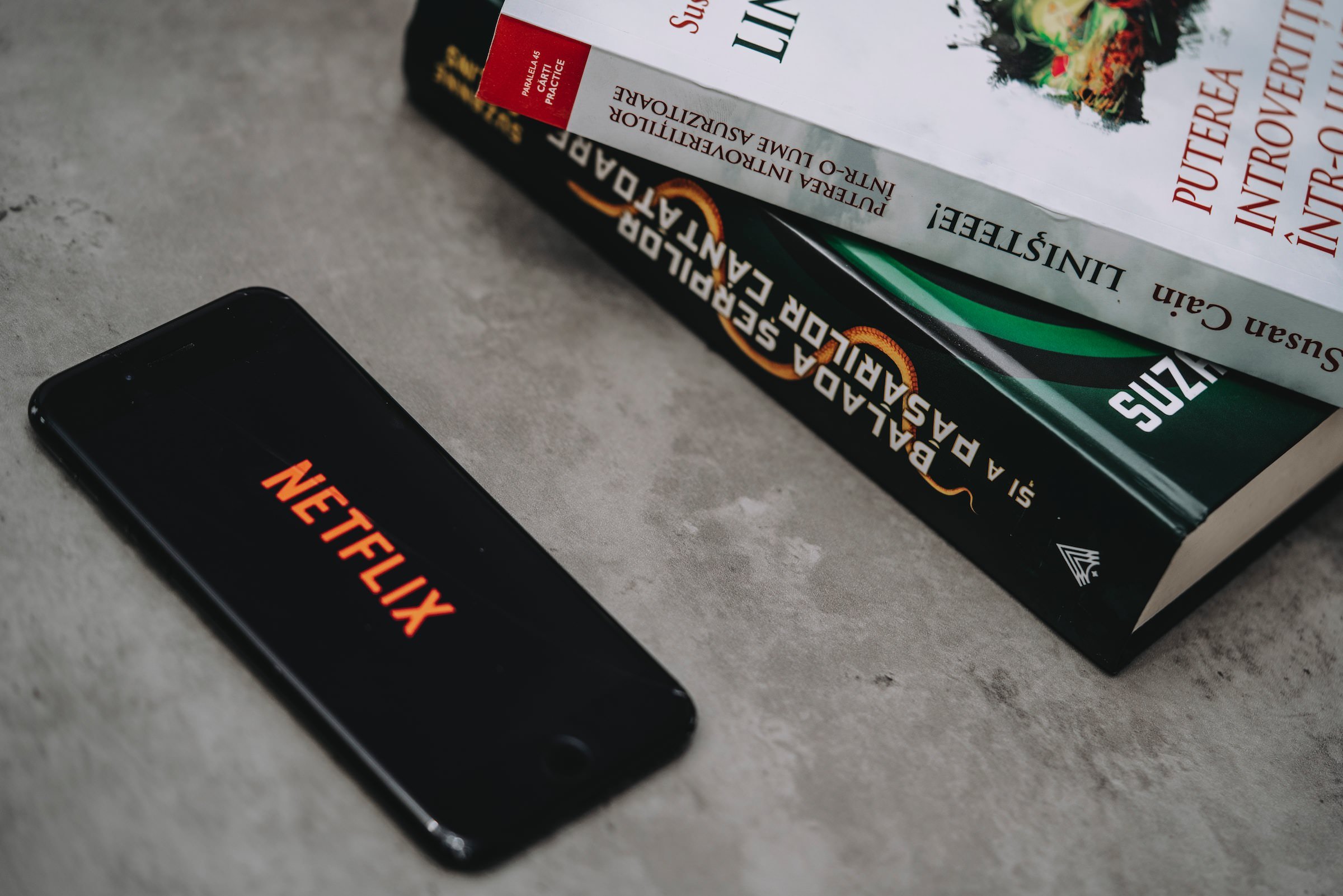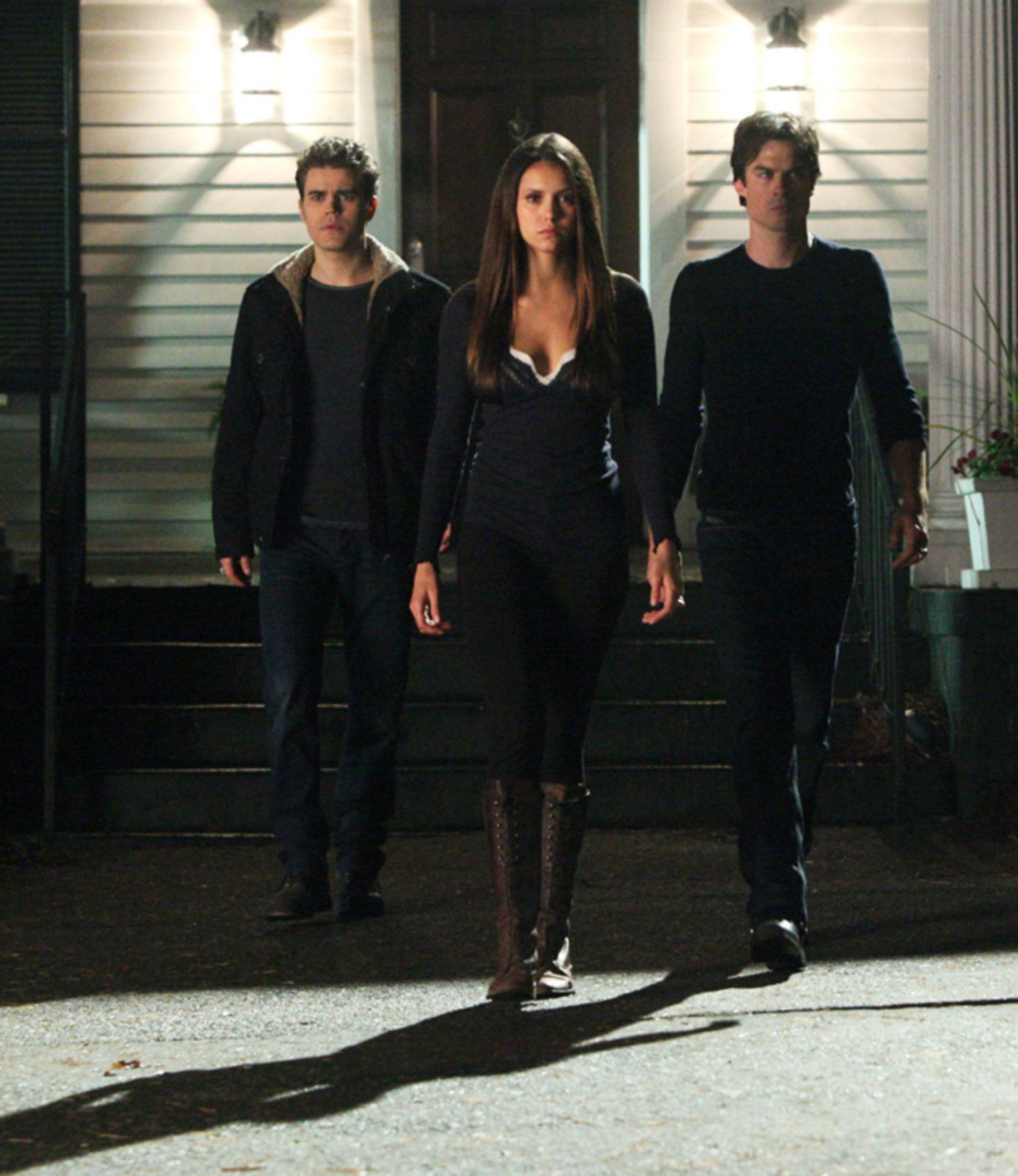The Five Most Iconic Beauty Scenes In Films
It's undeniable that Black films have had an immense impact on pop culture, and that influence is especially seen in beauty trends. From fabulous hairstyles to make-up looks, Black films have given us iconic beauty moments that have made an indelible mark on the world of cinema. It's no wonder that fans of these films often look to their favorite characters for beauty inspiration.
How beauty is portrayed in Black films
Beauty is a major theme in Black films, from classic older films to modern favorites. These films often show the beauty in a variety of ways, from authentic physical beauty to inner beauty, and challenge the stereotypical standards of beauty often seen in the mainstream media.
In Black films, physical beauty is often portrayed more naturally, with little to no makeup or styling. This highlights the beauty of Black features, such as dark skin, full lips, and curly hair. Black films also explore beauty beyond just physical looks, by showing characters that possess inner beauty, such as intelligence, strength, and courage. In this way, Black films offer a more holistic view of beauty, one that is deeper and more complex than traditional standards.
Black films also often address issues of racial beauty standards and how Black beauty is often erased or underrepresented in mainstream culture. This can range from characters actively rebelling against beauty standards, to the way characters are portrayed in the media, to exploring how beauty is used as a tool of oppression. By showing these issues, Black films provide a platform for exploring how beauty is seen in society, and how it can be used for good or for harm.
The five iconic beauty scenes in Black films
The beauty of Black films lies in the powerful messages and stories they tell. From the trailblazing civil rights activists in Selma to the struggles of growing up in the projects of Brooklyn in Do the Right Thing, Black films have a long and powerful history.
But what about the beauty scenes? Many of these films have featured iconic beauty moments that have left an indelible mark on the cinematic landscape. In this post, we'll be taking a look at the five most iconic beauty scenes in Black films. From the afro-centric beauty of Nola in She's Gotta Have It to the classic glamour of The Wiz, get ready to be inspired as we explore the beauty of these classic movies.
1. "Moonlight”
The first beauty scene we will look at is from the 2016 Academy Award-winning film “Moonlight”. This stunningly beautiful scene features the main character Chiron (played by Trevante Rhodes) walking on the beach at night under the bright moonlight. As he walks alone, illuminated by the moon's light, he looks at his reflection in the ocean.
This moment is incredibly powerful and moving, and it conveys a strong sense of beauty and hope. The gentle sound of the waves crashing and the serene atmosphere work to create a sense of peace and tranquility. This scene is a perfect representation of the beauty that can be found even in the darkest moments, and it is sure to stay with viewers long after the credits have rolled.
2. Boyz n the Hood (1991)
One of the most iconic and defining beauty scenes in black films is Boyz n the Hood (1991). Directed by John Singleton, the film explores the lives of three young men growing up together in the community of South Central Los Angeles. This film highlights the struggles of black youth and the beauty of the people in the community.
In this particular scene, the three boys are walking down the street and stopping outside a shop. As they stand there, the camera pans out to show the beauty of the neighborhood, with its vibrant colors, music, and people.
This powerful scene portrays the strength and resilience of the black community and the beauty of the culture. This film was highly influential, becoming an acclaimed classic and raising awareness of the unique and challenging experiences of black people. It was also nominated for two Academy Awards, cementing its place in cinematic history.
3. She's Gotta Have It
Directed by Spike Lee, the 1986 film "She's Gotta Have It" is notable for its groundbreaking exploration of female sexuality. The movie follows the story of Nola Darling, who confidently and stylishly pursues independent relationships and sexual experiences. This refreshing representation of a strong, black female character has been immortalized in the iconic beauty scene, featuring Nola in bright clothes and a giant, yellow afro.
With its vibrant colors, music, and people, this powerful scene portrays the strength and resilience of the black community and the beauty of the culture. This film was highly influential, becoming an acclaimed classic and raising awareness of the unique and challenging experiences of black people. It was also nominated for two Academy Awards, making Spike Lee the first African American director to receive such an honor.
4. Love & Basketball
The beauty scene from "Love & Basketball" is one of the most iconic beauty scenes in Black films. In the scene, Monica (Sanaa Lathan) is getting ready for her date with Quincy (Omar Epps) and her sister, Lena (Regina Hall) helps her pick the perfect outfit. Lena also helps Monica with her makeup, styling her hair, and creating a look that captures Monica’s inner beauty.
The scene is one of the most memorable from the movie and has been praised for its realistic portrayal of Black beauty. It serves as a reminder that beauty is not a one-size-fits-all concept, but rather, that beauty is subjective, and no one definition of beauty applies to everyone.
Monica’s look is both glamorous and effortless, and the scene speaks to the importance of self-care and taking the time to appreciate our own beauty. It also showcases the power of sisterhood and how traditions get passed down. Every Black girl and woman watching can recall sitting in between someone's legs while getting their hair done.
5. Dorothy’s Homecoming in The Wiz (1978)
The Wiz is one of the most iconic musicals in Black cinema. Dorothy's beauty is very adamant in how she carries herself, but she doesn't show true beauty until the end when she can go home. It wasn't until she believed in the magic of her shoes and herself that she could finally go home.
The Wiz is a classic film that captured the essence of Black beauty. This scene beautifully highlights the power of transformation and the importance of recognizing our own beauty. Dorothy’s transformation from a farm girl to a powerful woman is an inspiring reminder of the beauty of self-discovery and the strength of personal growth.
Themes of transformation
The themes of transformation and beauty have been prominent and iconic in Black films for years. In the classic film "Coming to America," Eddie Murphy's character Prince Akeem embarks on a journey to America to find true love and to become a true version of himself. Similarly, in the iconic movie "The Wiz," the characters go on a journey of self-discovery and transformation to find their true selves.
These scenes are often seen as a reflection of the larger cultural trend of embracing beauty, in all of its forms. In "Love Jones," Nia Long's character, Nina, chooses to free her natural curls, a decision that is seen as a statement of self-love and acceptance. Similarly, in "The Color Purple," Celie finds the courage and strength to stand up for herself and refuses to be defined by anyone else's standards of beauty.
These iconic beauty scenes in black films are much more than just a celebration of style. They also carry a powerful message of self-expression and acceptance. They serve as a reminder that beauty is as much about affirming yourself as it is about looking good. They remind viewers that beauty comes in all shapes and sizes, and can be found if we are willing to look deeply within ourselves.
To sum up, the five iconic beauty scenes from classic black films have become unforgettable memories, ranging from the do-rag and nail polish of Set It Off to the African garments of The Color Purple. These moments have not only left a lasting impact on African Americans but have also highlighted the importance of representation in films.
Socials:




















Get ready to relive the most emotionally devastating moments of The Vampire Diaries with our list of the show’s most heartbreaking scenes.